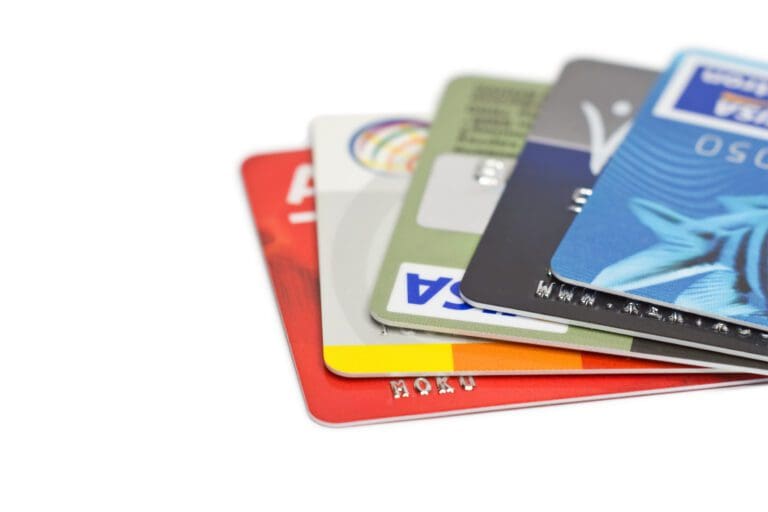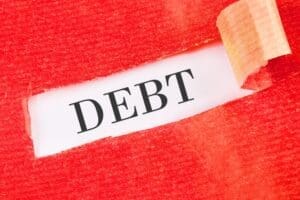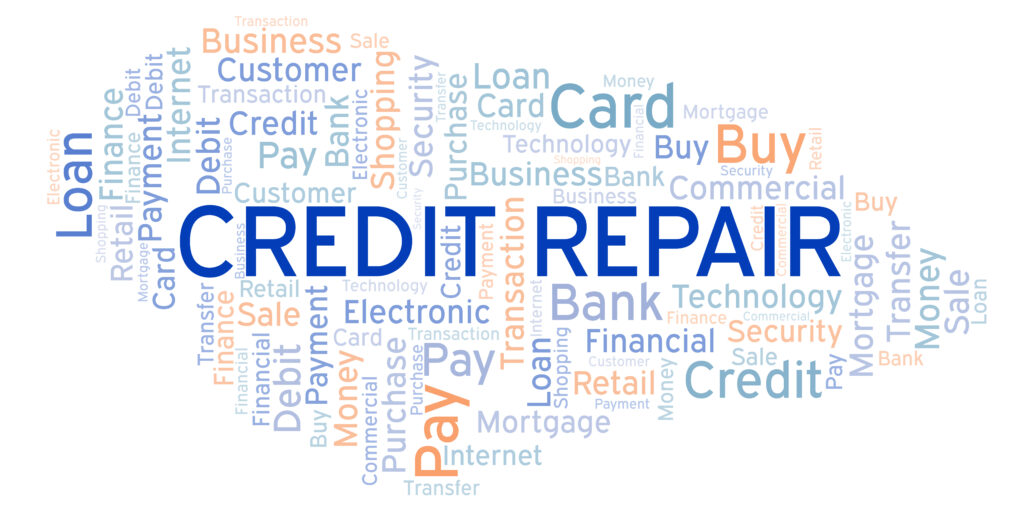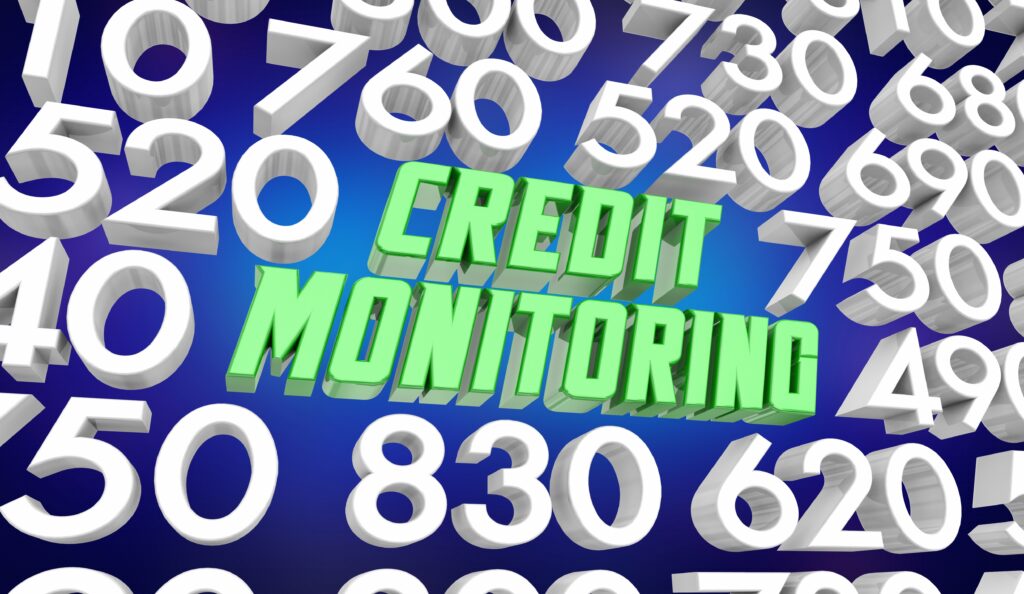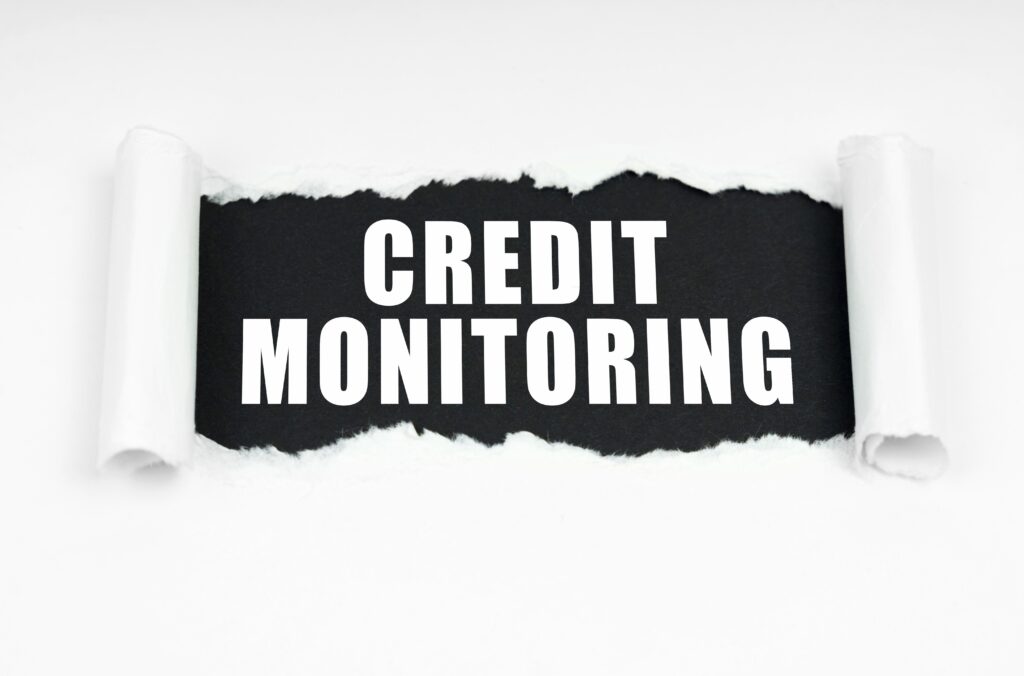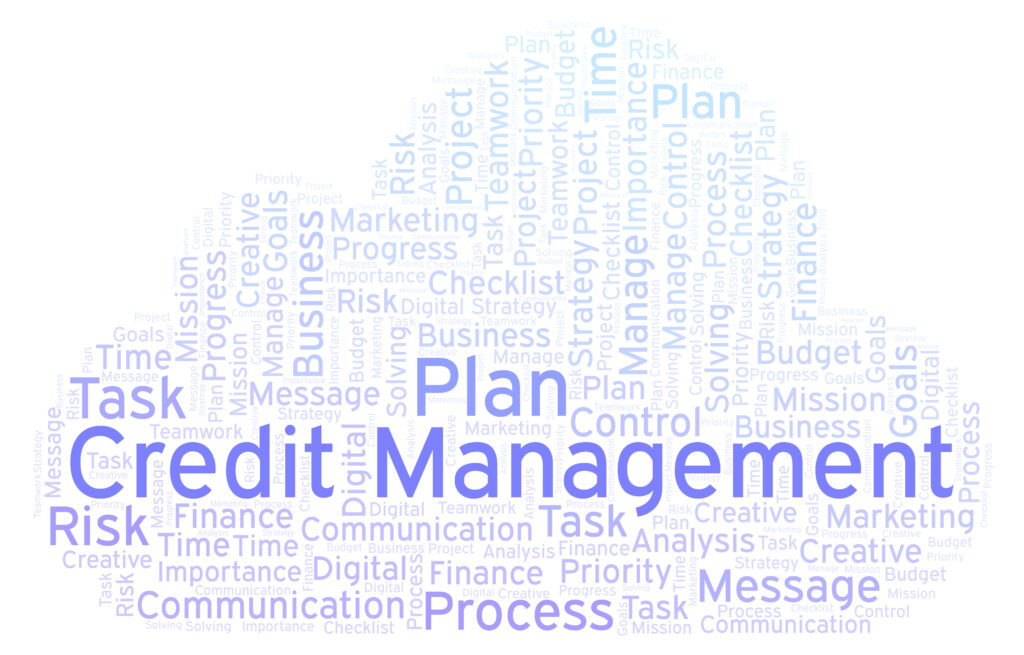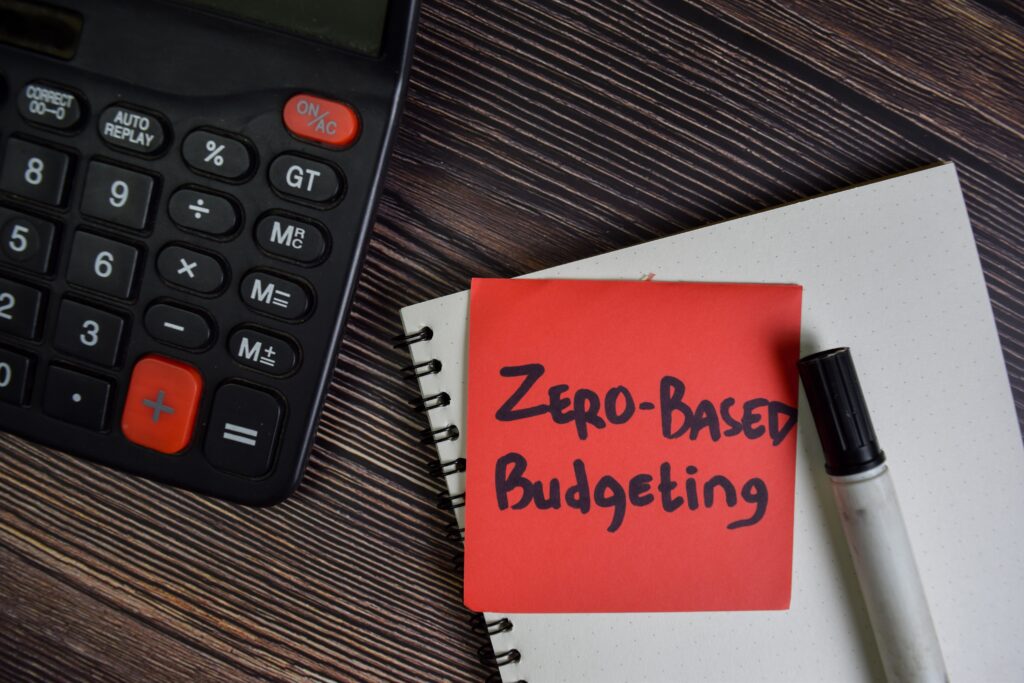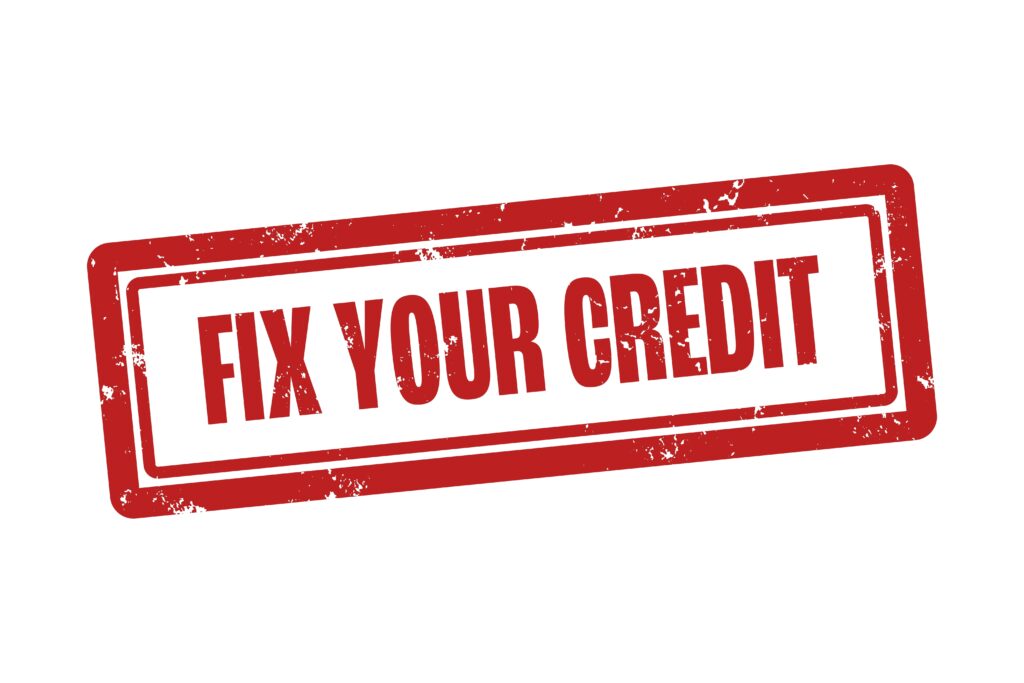Managing Credit Card Debt: Top 10 Expert Strategies to Get You Out of Debt. Find Out More In Our Latest Article!
THIS ARTICLE MAY CONTAIN AFFILIATE LINKS, MEANING I GET A COMMISSION IF YOU DECIDE TO MAKE A PURCHASE THROUGH MY LINKS AT NO COST TO YOU. PLEASE READ MY AFFILIATE DISCLOSURE FOR MORE INFO.
Don’t Have Time To Read The Full Article. Here’s What You Are Missing.
- Managing Credit Card Debt: Top 10 Expert Strategies to Get You Out of Debt. Find Out More In Our Latest Article!
- Understanding Credit Card Debt
- Creating a Budget
- Prioritizing Your Debts
- High-Interest Debts First
- Low Balance Debts First
- Negotiating With Credit Card Companies
- Consolidating Credit Card Debts
- Balance Transfer Credit Cards
- Personal Loans
- Home Equity Loans
- Debt Management Plans
- Debt Consolidation Loans
- Debt Settlement Options
- Using Balance Transfer Cards
- Seeking Professional Help
- Credit Counseling
- Debt Management Plans
- Implementing Healthy Financial Habits
- Avoiding Future Credit Card Debt
- Frequently Asked Questions
Managing credit card debt can be daunting, but it’s not impossible. With the right strategies, you can take control of your finances and start paying off your debts.
Throughout this article you will find the top 10 strategies used for managing credit card debt and more.
First, it’s important to understand credit card debt and how it works. Credit card debt is the amount of money you owe on your credit card, plus any interest and fees. Credit card interest rates are typically higher than other loans, making it difficult to pay off the debt. Understanding how credit card debt works can help you create a plan to pay it off.
Creating a budget is a crucial step in managing credit card debt. Tracking your income and expenses for a significant period, for example, 60 to 120 days, is a great starting point to help you identify areas where you can reduce spending and allocate more money toward paying off your debts.
Prioritizing your debts and negotiating with credit card companies can help you pay off your debts faster. By consolidating your debts, using balance transfer cards, seeking professional help, and implementing healthy financial habits, you can take control of your finances and avoid future credit card debt.
Understanding Credit Card Debt
Credit card debt is an unsecured debt that arises when you use your credit card to make purchases you cannot afford to pay off immediately. The debt accumulates over time, and if you only make minimum payments, it can take years to pay off.
Credit card debt is one of the most expensive because of the high-interest rates credit card companies charge. The interest rates can range from 15% to 29%, sometimes even higher. This means that the longer you take to pay off your credit card debt, the more interest you will have to pay, making it harder to get out of debt.
It is essential to understand the terms and conditions of your credit card agreement to avoid accumulating debt. Credit card companies often charge fees for late payments, exceeding your credit limit, and balance transfers. These fees can add up quickly, making it harder to pay off your debt.
Creating and sticking to a budget is essential to avoid credit card debt. Make sure you only spend what you can afford to pay off each month. Consider using a debit card or cash instead of a credit card to avoid accumulating debt.
Credit card debt can be a significant financial burden if not managed correctly. Understanding the terms and conditions of your credit card agreement, creating a budget, and avoiding unnecessary purchases can help you manage your credit card debt effectively.
Creating a Budget
Creating a budget is one of the most effective ways to manage credit card debt. A budget is a financial plan that helps us track our income and expenses, and it can be a powerful tool for managing our finances and achieving our financial goals.
To create a budget, list your income sources and monthly expenses. This includes rent or mortgage payments, utility bills, groceries, transportation, and entertainment expenses.
Once we have a clear picture of our income and expenses, we can identify areas where we may be overspending or cut back. For example, we can reduce our entertainment expenses by eating out less or finding free or low-cost activities to enjoy.
Another important aspect of budgeting is setting financial goals. This can include paying off credit card debt, saving for a down payment on a house, or building an emergency fund. By setting specific, measurable goals, we can stay motivated and focused on achieving our financial objectives.
Creating a budget is a simple but powerful strategy for managing credit card debt and achieving financial stability. By tracking our income and expenses, identifying areas where we can cut back, and setting clear financial goals, we can take control of our finances and build a brighter financial future.
Prioritizing Your Debts
Prioritizing your debts is a crucial step when managing credit card debt. Doing so can save money on interest and pay off your debts more efficiently. Here are two standard methods for prioritizing your debts:
High-Interest Debts First
One effective strategy for prioritizing your debts is to focus on the debts with the highest interest rates first. By doing so, you can save money on interest charges over time.
To use this strategy, list all your credit card debts and order them by interest rate, from highest to lowest. Then, start by paying off the debt with the highest interest rate while making minimum payments on the rest. Once that debt is paid off, move on to the debt with the next highest interest rate and continue until all your debts are paid off.
Low Balance Debts First
Another strategy for prioritizing your debts is to focus on the debts with the lowest balances first. This method is also known as the “snowball” method. You can gain momentum and motivation by paying off your smallest debts first.
To use this strategy, list all your credit card debts and order them by balance, from lowest to highest. Then, start by paying off the debt with the most insufficient balance while making minimum payments on the rest. Once that debt is paid off, move on to the debt with the next lowest balance and continue until all your debts are paid off.
The best strategy for prioritizing your debts depends on your financial situation. Consider factors such as interest rates, balances, and overall financial goals when deciding which approach to use. With dedication and persistence, you can successfully manage your credit card debt and achieve financial freedom.
Negotiating With Credit Card Companies
When it comes to managing credit card debt, negotiating with credit card companies can be a powerful tool in helping you get back on track. Here are some strategies to consider when dealing with credit card companies:
- Lump-Sum Settlement: This option requires debtors to make one bulk payment upfront for a lower amount than the debt owed. Once creditors receive the lump-sum payouts, you can expect the account to be closed. This strategy can be helpful if you have a lump sum of money available to pay off a portion of your debt.
- Payment Plan: If you cannot afford to make a lump-sum payment, you may be able to negotiate a payment plan with your credit card company. This can help you avoid late fees and penalties, and it can also help you pay off your debt over time.
- Interest Rate Reduction: If your credit card has a high-interest rate, you can negotiate a lower rate with your credit card company. This can help you save money on interest charges and pay off your debt faster.
- Waived Fees: If you have been hit with late fees or other penalties, you may be able to negotiate with your credit card company to waive these fees. This can help you save money and make it easier to pay off your debt.
- Debt Settlement: If you cannot pay off your debt in full, you may be able to negotiate a debt settlement with your credit card company. This involves paying a portion of your debt in exchange for the creditor’s forgiveness of the rest. This can be a good option if you struggle to pay quickly and get out of debt.
Remember, negotiating with credit card companies can be a powerful tool for managing debt. Using these strategies, you can work with your creditors to find a solution that works for you and helps you get back on track financially.
Consolidating Credit Card Debts
Consolidating credit card debts is a strategy that can help you manage your debts more efficiently. It involves taking out a loan to pay off multiple credit card debts, leaving you with only one loan payment to make each month. This can simplify your finances and make tracking your debt more manageable.
There are several ways to consolidate credit card debts, each with pros and cons. Here are some of the most common methods:
Balance Transfer Credit Cards
A balance transfer credit card allows you to transfer your credit card balances to a new card with a lower interest rate. This can help you save money on interest charges and pay off your debt faster. However, balance transfer cards often come with fees and introductory interest rates that increase after a certain period.
Personal Loans
Personal loans can be used to consolidate credit card debts. They typically have lower interest rates than credit cards, which can help you save money over time. However, personal loans often require good credit scores and may have origination fees.
Home Equity Loans
If you own a home, you can use a home equity loan to consolidate your credit card debts. Home equity loans typically have lower interest rates than credit cards and personal loans, but they require you to put your home up as collateral.
Debt Management Plans
A debt management plan is a program offered by credit counseling agencies to help you consolidate your credit card debts. The agency works with creditors to negotiate lower interest rates and monthly payments. However, debt management plans can take several years to complete and may require you to close your credit card accounts.
Debt Consolidation Loans
Debt consolidation loans are specifically designed to consolidate multiple debts into one loan. They typically have fixed interest rates and monthly payments, making budgeting easier. However, debt consolidation loans may have higher interest rates than other consolidation methods.
Overall, consolidating credit card debts can be a helpful strategy for managing your finances. However, it’s essential to carefully consider your options and choose the method that works best for your situation.
Debt Settlement Options
Deb settlement can be a viable option for some individuals when managing credit card debt. Debt settlement involves negotiating with creditors to pay off a portion of your debt in exchange for forgiving the rest. While it can effectively reduce your overall debt load, it’s essential to understand the potential risks and drawbacks.
One of the main advantages of debt settlement is that it can help you get out of debt faster than making minimum payments on your own. By negotiating with creditors, you may pay off a significant portion of your debt in a lump sum, saving you money on interest charges.
However, there are also some potential drawbacks to debt settlement. For one, it can negatively impact your credit score, as you’ll likely be missing payments and settling for less than the total amount owed.
Additionally, some debt settlement companies may charge high fees or engage in unethical practices, so it’s essential to do your research and choose a reputable provider.
If you’re considering debt settlement to manage your credit card debt, carefully weigh the pros and cons. While it can effectively reduce your overall debt load, it has risks and drawbacks. Ultimately, the best strategy for managing credit card debt will depend on your financial situation and goals.
Using Balance Transfer Cards
One strategy for managing credit card debt is to use balance transfer cards. These cards allow you to transfer high-interest debt from one or more credit cards to a new card with a lower interest rate. This can help you save money on interest charges and pay off your debt faster.
When using a balance transfer card, it’s essential to consider the following:
- Balance transfer fees: Many balance transfer cards charge a fee to transfer your balance. This fee is usually a percentage of the amount you transfer. Make sure to factor this fee into your calculations to ensure that the transfer will save you money in the long run.
- Introductory interest rates: Balance transfer cards often offer a low or 0% introductory interest rate for a limited time. This can be a great way to save money on interest charges, but make sure to pay off your balance before the introductory period ends. After the introductory period, the interest rate will likely increase, which could result in higher interest charges.
- Credit score: Applying for a new credit card can impact your credit score. Check your credit score before applying, and only apply for cards you are likely to be approved for. Multiple credit applications can negatively impact your credit score.
Balance transfer cards can be a valuable tool for managing credit card debt. However, it’s essential to carefully consider the fees and interest rates associated with these cards and to make a plan to pay off your debt before the introductory period ends.
Seeking Professional Help
When managing credit card debt, seeking professional help is a valuable option. Here are a few options to consider:
Credit Counseling
Credit counseling is a service offered by non-profit organizations that can help you understand your financial situation and develop a plan to manage your debt. A credit counselor can review your income, expenses, and debts and provide personalized advice on improving your financial situation. They can also help you create a budget, negotiate with creditors, and develop a debt management plan.
Debt Management Plans
A debt management plan is a repayment plan that a credit counseling agency develops. The agency will work with your creditors to negotiate lower interest rates and a more manageable repayment plan. You will make one monthly payment to the credit counseling agency, and they will distribute the funds to your creditors. This can help you pay off your debt faster and with less interest.
It’s important to note that while credit counseling and debt management plans can be helpful, they are not a magic solution. It’s essential to carefully consider your options and make a plan that works for your financial situation.
Choose a reputable credit counseling agency accredited by a recognized organization, such as the National Foundation for Credit Counseling (NFCC) or the Financial Counseling Association of America (FCAA).
Implementing Healthy Financial Habits
When managing credit card debt, implementing healthy financial habits is crucial. Here are some strategies that can help:
- Create a Budget
Creating a budget is an essential first step in managing credit card debt. We can start by tracking our expenses and income and allocating our money towards different categories, such as housing, food, transportation, and entertainment. By creating a budget, we can identify areas to reduce spending and allocate more money towards paying off our credit card debt.
- Prioritize High-Interest Debt
Paying off high-interest credit card debt first can save us money on interest charges and reduce the total amount owed. We can prioritize our debts by listing all our credit card balances, interest rates, and minimum payments. Then, we can focus on paying off the credit card with the highest interest rate first while making minimum payments on the others.
- Consolidate Debt
Consolidating credit card debt can be a good option for some people. Transfer balances to a lower-interest-rate credit card or a personal loan. However, it’s essential to read the terms and conditions carefully and understand any fees or penalties associated with the consolidation.
- Use Credit Responsibly
To avoid getting into credit card debt, we can use credit responsibly. This means only charging what we can afford to pay back, making payments on time, and keeping our credit utilization low. By using credit responsibly, we can build a strong credit history and avoid the negative consequences of credit card debt.
By implementing these healthy financial habits, we can take control of our credit card debt and achieve financial stability.
Avoiding Future Credit Card Debt
At times, it can be challenging to avoid credit card debt. However, we can avoid future credit card debt with a few strategies and some discipline. Here are some tips to help us avoid credit card debt.
- Create a Budget
Creating a budget is the first step in avoiding credit card debt. We need to know our income and expenses and allocate our money accordingly. Creating a budget can prevent overspending and ensure we have enough money to pay our bills on time.
- Use Cash
Using cash can help us avoid credit card debt. When we use cash, we can see the money leaving our hands, making it easier to control our spending. We can also avoid interest charges associated with credit cards.
- Pay off Balances in Full
Paying off our balances in full each month can help us avoid credit card debt. By doing so, we can avoid interest charges. If we cannot pay off our balance in full, we should at least pay more than the minimum to reduce our balance and avoid interest charges.
- Avoid Impulse Purchases
Impulse purchases can lead to credit card debt. To avoid impulse purchases, list what you need before shopping and stick to it. We should also avoid shopping when we are emotional or stressed.
- Monitor Our Credit Card Statements
Monitoring our credit card statements can help us avoid credit card debt. We should review our monthly statements to ensure no errors or unauthorized charges. We should also keep track of our spending to ensure we stay within our budget.
Following these tips, we can avoid credit card debt and maintain our financial stability.
Frequently Asked Questions
What are some effective strategies for paying down credit card debt?
Paying more than the minimum payment, focusing on high-interest debts first, and consolidating your debt with a balance transfer are all effective strategies for paying down credit card debt. We recommend creating a budget and setting aside a fixed monthly amount for credit card payments.
What are the best ways to manage credit card debt?
The best ways to manage credit card debt are to make timely payments, pay more than the minimum payment, and avoid using your credit card for unnecessary purchases. We also recommend keeping your credit utilization ratio below 30% and regularly reviewing your credit card statements for errors.
How can I pay off a large amount of credit card debt?
Paying off a large amount of credit card debt can be daunting, but it is possible with a solid plan. We recommend creating a budget and setting aside a fixed monthly amount for credit card payments. You can also consider consolidating your debt with a balance transfer or seeking credit counseling services.
What are some tricks to paying off credit cards quickly?
Paying more than the minimum payment, focusing on high-interest debts first, and consolidating your debt with a balance transfer are all effective tricks for paying off credit cards quickly. We also recommend avoiding using your credit card for unnecessary purchases and keeping your credit utilization ratio below 30%.
What are some solutions for credit card debt relief?
Credit card debt relief solutions include debt consolidation loans, balance transfers, and debt settlement programs. We recommend carefully researching each option and consulting with a financial advisor before deciding.
How can I get out of credit card debt without damaging my credit score?
You can get out of credit card debt without damaging your credit score by making payments on time, paying more than the minimum, and avoiding using your credit card for unnecessary purchases. We also recommend keeping your credit utilization ratio below 30% and regularly reviewing your credit card statements for errors. If you need help, consider seeking credit counseling services or a debt management plan.
Disclaimer: Millennial Credit Advisers is not a licensed credit service provider or financial advisor. We don’t offer credit repair, debt management, or legal services. Educate yourself on saving, reducing debt, and managing credit for economic improvement. Understand credit reports, scores, and financial products. Consult a financial advisor for personalized advice. Track your progress for a better credit journey.
Written content: Please view our full AI Use Disclosure.
We improve our products and advertising by using Microsoft Clarity to see how you use our website. By using our site, you agree that we and Microsoft can collect and use this data. Our privacy policy has more details.

